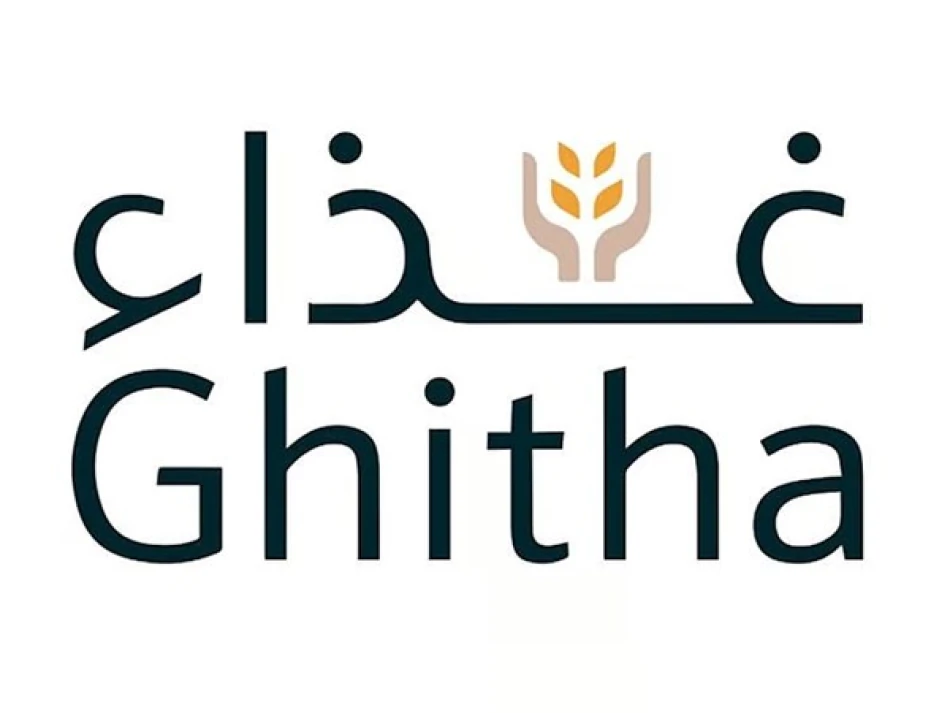
Foodco Holding Reports AED 2.1 Billion in Half-Year Revenue, Showcasing Robust Growth
UAE's Ghidaa Holding Posts 23% Profit Surge as Food Security Strategy Pays Off
Ghidaa Holding, a subsidiary of International Holding Company, has delivered impressive first-half 2025 results with revenues climbing to AED 2.61 billion and gross profits jumping 23% year-on-year to AED 599.4 million. The performance underscores how the UAE's strategic focus on food security is creating profitable opportunities for agribusiness conglomerates willing to consolidate fragmented markets.
Strategic Acquisitions Drive Protein Sector Dominance
The company's growth trajectory reflects a calculated approach to market consolidation in the UAE's food sector. During the first half of 2025, Ghidaa's subsidiary Al Ain Farms acquired Al Jazeera Poultry Farm, one of the Emirates' leading poultry producers. This follows last year's successful acquisition of Al Mazarea Al Arabia, positioning Ghidaa as a dominant force in protein production.
CEO Falal Amin emphasized that the results demonstrate the effectiveness of focusing on higher-margin sectors while integrating portfolio companies more efficiently. The 6.7% revenue growth, while modest, masks a more significant transformation toward profitability-focused operations.
Digital Infrastructure Modernization Supports Expansion
Ghidaa's implementation of SAP's S/4HANA system represents more than routine IT upgrades—it's foundational infrastructure for scaling operations across newly acquired assets. This digital backbone becomes crucial as the company reshapes its customer mix and distribution channels, prioritizing high-performance food categories over volume-driven segments.
The technology investment aligns with broader UAE initiatives to modernize food supply chains, creating transparency and efficiency that international investors increasingly demand from emerging market food companies.
Food Security Mandate Creates Investment Opportunities
Ghidaa's strategy mirrors successful agribusiness consolidation models seen in markets like Brazil and Australia, where government food security priorities created opportunities for large-scale agricultural conglomerates. The UAE's geographic constraints and import dependency make domestic food production a national priority, translating into policy support for companies like Ghidaa.
The 23% gross profit margin improvement suggests the company is successfully executing pricing discipline while benefiting from operational synergies across its expanded portfolio. This performance contrasts with global food companies facing margin pressure from commodity inflation and supply chain disruptions.
Market Implications and Growth Trajectory
For investors, Ghidaa's results indicate that UAE food security investments are moving beyond government spending into commercially viable private sector opportunities. The company's focus on protein production—particularly poultry—addresses both domestic consumption growth and potential export opportunities to regional markets.
The emphasis on "profitable growth" rather than pure expansion suggests management discipline that could appeal to institutional investors seeking exposure to Middle East food security themes without sacrificing returns. As regional governments prioritize agricultural self-sufficiency, companies demonstrating both strategic alignment and financial performance are likely to attract continued policy support and investment capital.
Most Viewed News

 Layla Al Mansoori
Layla Al Mansoori






